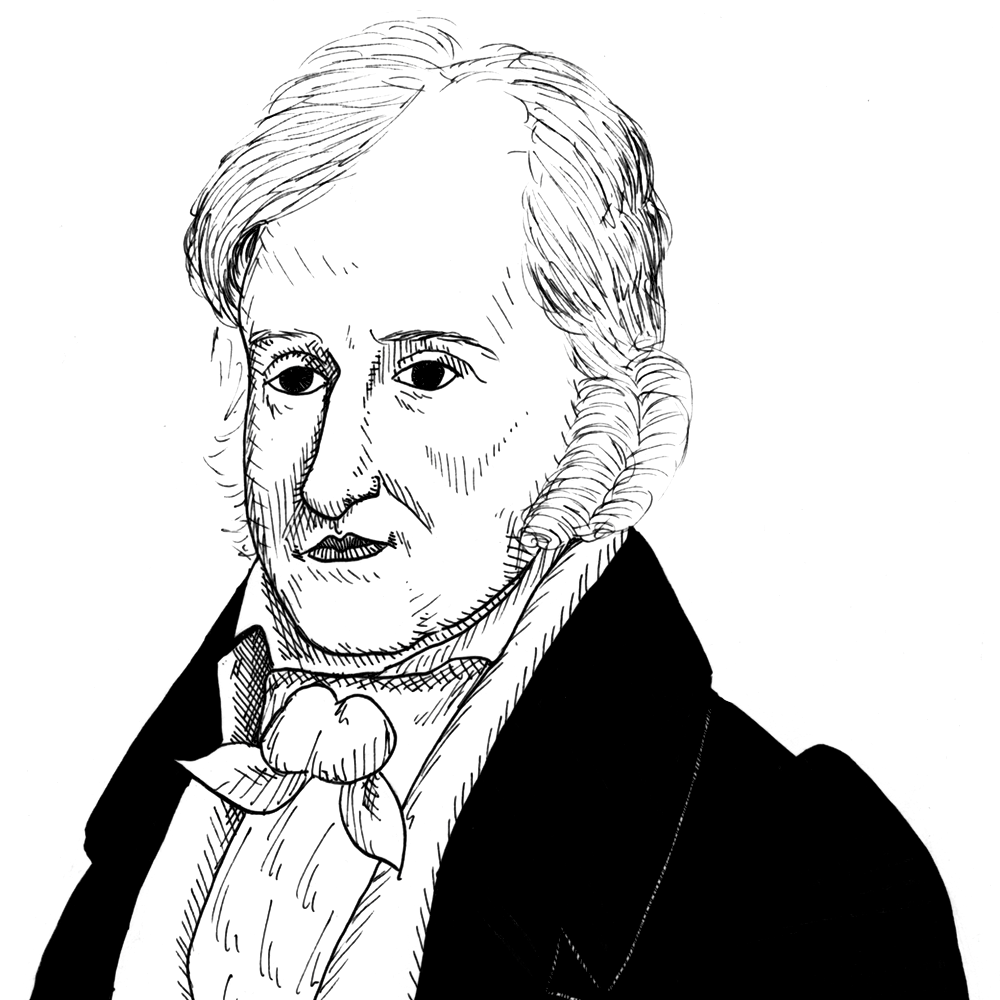
Benjamin Constant and the Freedom of the Press (1815)
Found in: Principles of Politics Applicable to All Governments
In France one of the leading theorists of the principle of free speech was Benjamin Constant (1767-1830) who had been called upon by Napoleon during his brief return to power between March-July 1815 (The Hundred Days) to draw up a new constitution with more constitutional limits on government power. Constant’s ideas were elaborated in a book he wrote at the time Principles of Politics Applicable to All Governments (1815) which included chapters on freedom of thought and religion. A typical passage reads:
Freedom of Speech
If you once grant the need to repress the expression of opinion, either the State will have to act judicially or the government will have to arrogate to itself police powers which free it from recourse to judicial means. In the first case the laws will be eluded. Nothing is easier than presenting an opinion in such variegated guises that a precisely defined law cannot touch it. In the second case, by authorizing the government to deal ruthlessly with whatever opinions there may be, you are giving it the right to interpret thought, to make inductions, in a nutshell to reason and to put its reasoning in the place of the facts which ought to be the sole basis for government counteraction. This is to establish despotism with a free hand. Which opinion cannot draw down a punishment on its author? You give the government a free hand for evildoing, provided that it is careful to engage in evil thinking. You will never escape from this circle. The men to whom you entrust the right to judge opinions are quite as susceptible as others to being misled or corrupted, and the arbitrary power which you will have invested in them can be used against the most necessary truths as well as the most fatal errors.